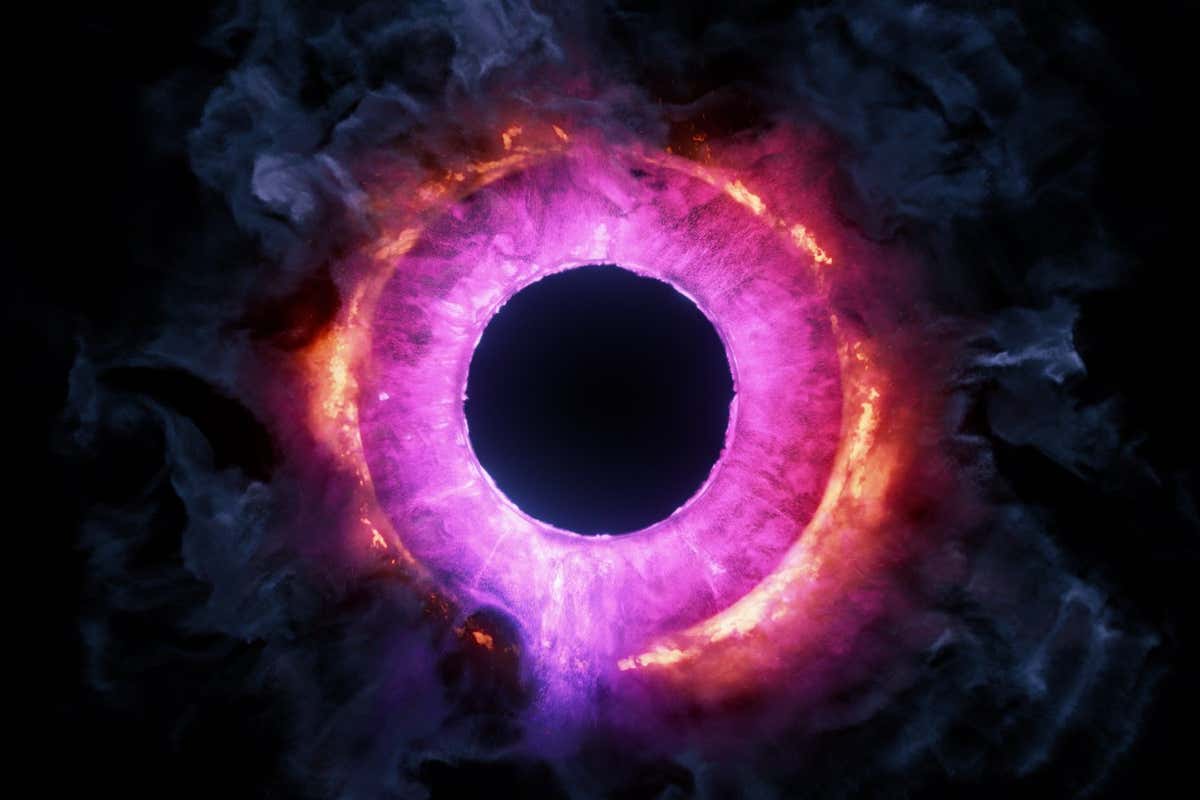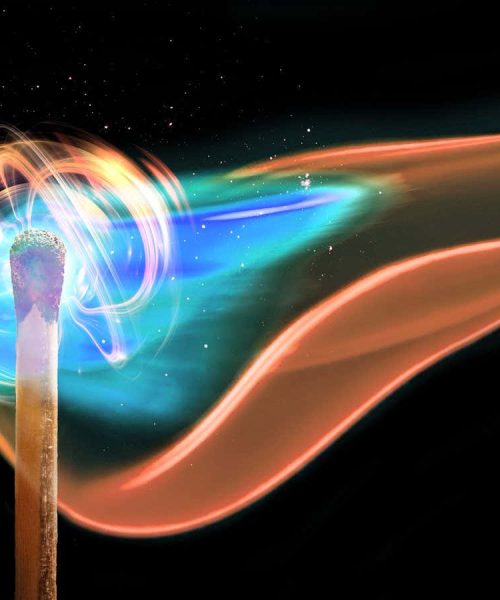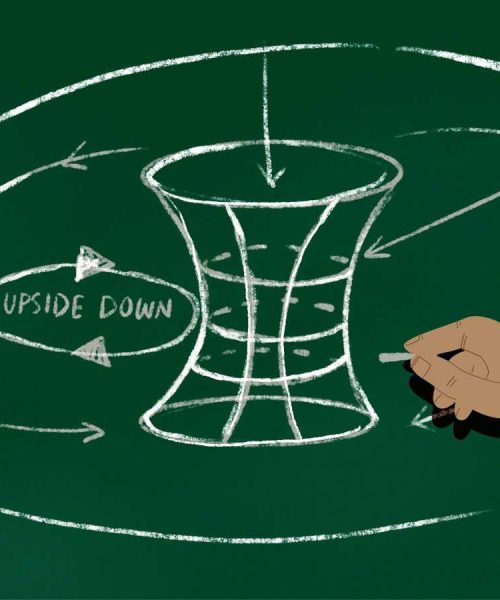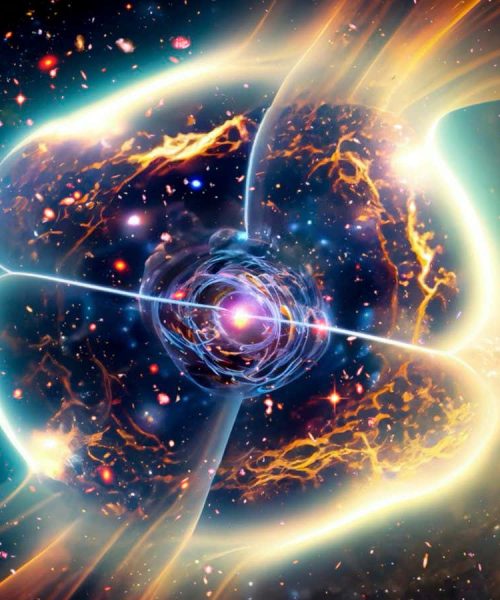
Quardia/Shutterstock
IT ISN’T easy to predict where the next leap in scientific understanding will come from. Indeed, ideas that, in hindsight, mark obvious paradigm shifts can first make you feel quite unsteady on your intellectual feet. So, as scientists poke around for new ways to understand the universe, how seriously should we take these embryonic revolutions?
In this week’s cover feature (see “How to wrap your head around the most mind-bending theories of reality”), philosopher Eric Schwitzgebel provides a handy guide to “weighing competing implausibilities”. Much of his advice boils down to whether you prioritise conceptual simplicity over adherence to empiricism.…





